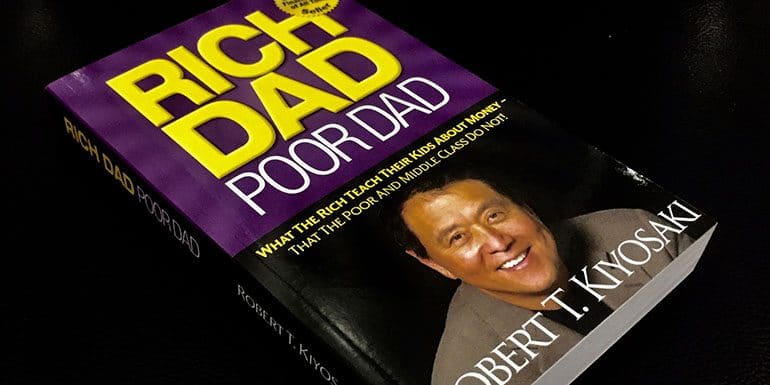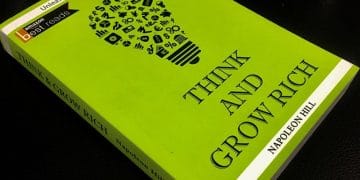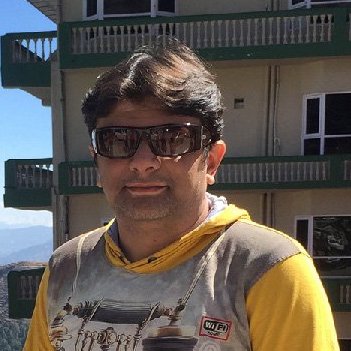Rich Dad Poor Dad has changed my view towards investing and the way I look at assets and liabilities and how they mean differently to me now

Rich Dad Poor Dad was on my wishlist for quite some time. Recently I read the headlines on WSJ, where Robert Kiyosaki, author of Rich Dad Poor Dad’s, one of the companies filed for bankruptcy. I wanted to read his book before I read that news because a best-selling personal finance book for years shouldn’t be read with a biased mind of the author’s company filing bankruptcy.
I ordered the book immediately. Today I can say it has changed my perception towards investing and the way I look at assets and liabilities. Now, these terms mean a lot different to me.
After completing the book, when I read the news about his company filing for bankruptcy after it was fined for $24 million, my view is the bankruptcy filing is to save the fine.
Matching Views
My views that match with the author.
Residential Flat Not an Asset
I always had a view that the flat I live in is never an investment. However, it remained in the asset column of a balance sheet prepared by my CA.
In India, we are ever told properties are an asset and still reap excellent benefits with good price appreciation over some time. I always had a counter-argument of it not being liquid and can’t be sold to generate cash.
Consider a scenario where we have a 2BHK flat worth ₹50 lakhs and 3BHK flat worth ₹75 lakhs. I decided to go with ₹50L as it was the right size and within the affordable price range. A few years later want to upgrade. So sell the existing one at 20% appreciated 60L price, but the then 75L is also appreciated by 20%, which is now at 90L. We were paying 25L more for a better flat and now paying 30L.
Considering it as an asset or investment never went down my throat very well. Though it can’t be termed as liability either. I call it the cost of living in a society.
The same has been reiterated in the book such that accounting assets and liabilities are different from your assets and liabilities. Your assets are those that increase your income, and everything else is a liability.
My flat saves me rent expense, and I may not want to lose the property appreciation in India. However, if the same amount invested in commercial property will fetch me much better rent. Using the same, I can pay the house rent. However, in India, it adds extra hassles of moving in and out every 11 months and managing the tenants for a commercial property.
India lacks rent agreements, and people usually use the Leave and License Agreement to rent out for 11 months. So, if you are on rent, you may theoretically need to switch after 11 months.
So I always take my flat as the cost of living in a society and move forward.
Non-Matching Views
On a few occasions, my views differ with the author.
Leverage
I invest in equity as well as in property I wouldn’t recommend buying properties with leverage at least in India. It may work in the US but not in India, where the execution of agreements isn’t strict. If there is a rise in the price of the property, you may have issues executing the deal from the original buyer to a third party. Moreover, things may drag too long to benefit anybody.
Trading in the stock market with leverage opens up a risk of capital erosion. It’s better avoided when you can invest and double your capital in a few years, investing in midcap stocks in the Indian equity market. I have been recommending against margin to traders and investors as it has been the root cause of capital erosion for many Indian retail investors.
Completely ok when you consider the book Rich Dad Poor Dad to be a personal finance book and not an investment book.
Jack of Everything
The author recommends being jack at many things than the master at one. It is based on the argument that if you are master one thing, you solely depend on one thing, which makes it difficult to move and still gets the same kind of pay.
The example has vast experience as a pilot will be of not much use when you want to be a teacher. You may not be paid the same as the pilot when you become a teacher.
I don’t agree with this view.
Having too many options like trying to be a pilot and trying to be a teacher can mean you may quit trying to be a pilot too early when you see an easy opportunity in trying to be a teacher. It can be the perfect recipe for failure.
Conclusions
A couple of one-liners I picked from the book as tweetables.
Ninety percent of people buy TV sets and only 10 percent buy business books.
And
Savings is to create wealth and not to pay the bills.
The statement in the first chapter of the book is worth reading the whole book:
“The poor and the middle-class work for money. The rich have money work for them”
And then, each chapter explains how one shouldn’t be working for money but instead build assets in a manner such that money can work for you.

